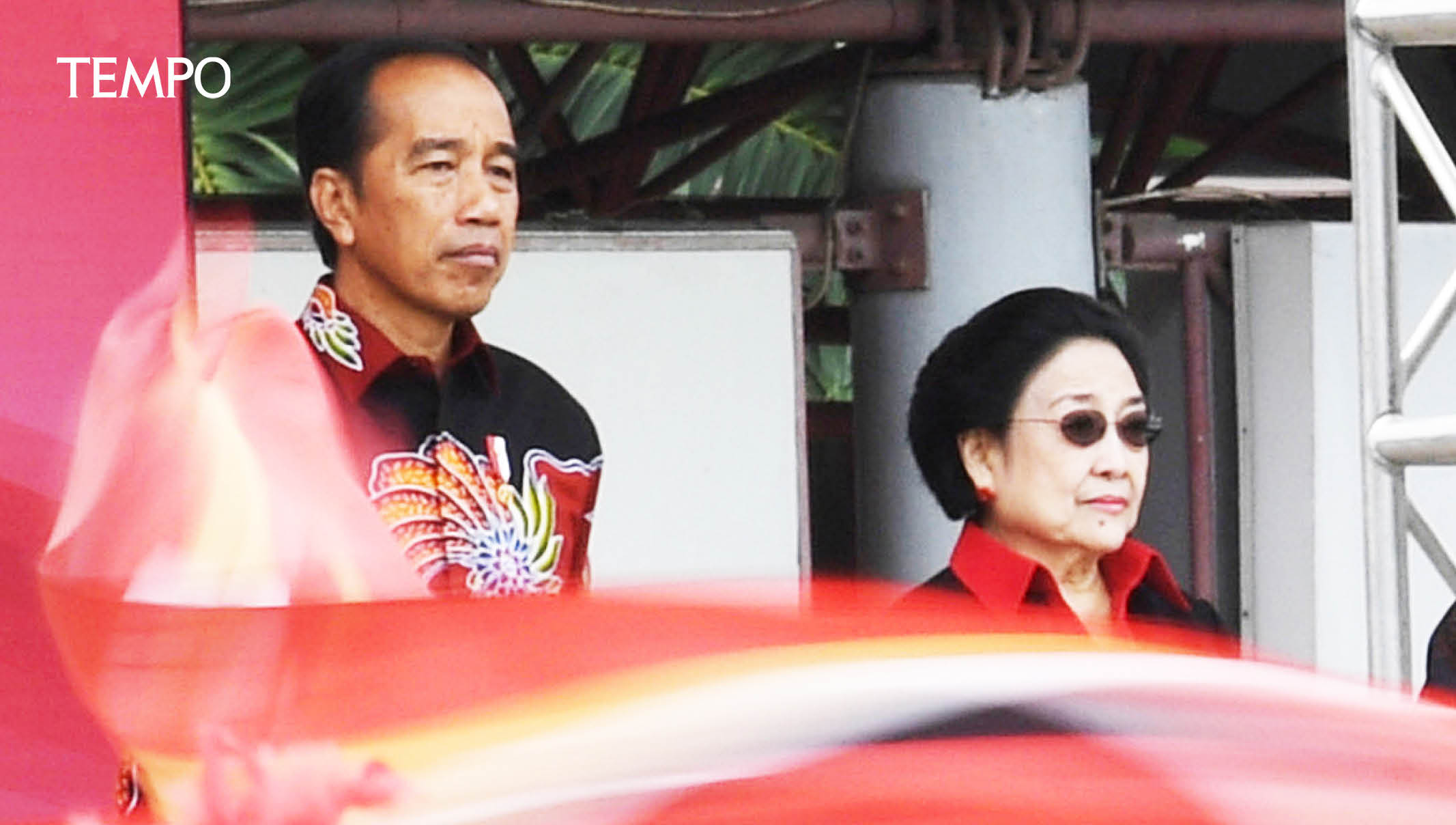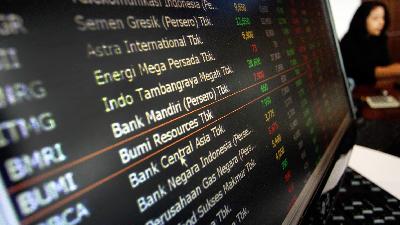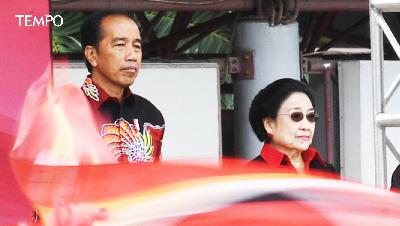Time for PDI-P to Go into Opposition
Monday, August 5, 2024
Jokowi’s betrayal of the PDI-P should serve as a lesson: politics is not about seeking power, but trying to bring about democracy.
arsip tempo : 174562331636.

IF the breakdown in relations between Megawati Soekarnoputri and her Indonesian Democratic Party of Struggle (PDI-P) with President Joko Widodo had happened a long time ago, perhaps the democratic retreat could have been avoided.
In his 10 years in power, Joko WIdodo has turned back the democracy that had been pioneered since the Reformasi era. Democratic institutions have been weakened through ‘legal’ methods. He turned the House of Representatives (DPR) into an extension of his right arm by keeping a tight grip on the majority of parties in the legislature. He made the other bodies that controlled the executive toothless. After the relevant laws were revised, the Corruption Eradication Commission (KPK) and the Constitutional Court were brought under his control. With the weakening of these institutions, Jokowi exercised power almost without any controls.
The rift between Megawati and her party with Jokowi is no longer a secret. After Megawati and Jokowi found themselves at odds in the 2024 elections, some party members called Jokowi a traitor. As well as backing a different candidate in the presidential election, Jokowi was accused of reducing the PDI-P share of the vote in the legislative election through the deployment of various resources, from social assistance to government employees.
After the presidential election, and the defeat of PDI-P presidential candidate Ganjar Pranowo, the attacks on Jokowi by PDI-P politicians intensified. At the same time, legal cases involving politicians from the party appeared. A number of old cases were revived, including the alleged bribery of General Election Commission Commissioner Wahyu Setiawan by Harun Masiku, which is likely to drag in PDI-P Secretary-General Hasto Kristiyanto. The investigation must continue, but at a time when the relationship between the PDI-P and Jokowi is heated, it gives the impression that the KPK is being used by the government to put pressure on the PDI-P.
Before the coalition broke up, the PDI-P was one of Jokowi’s major allies. And it was his vehicle in the 2014 and 2029 elections. Thanks to support from the PDI-P, which had the largest share of seats in the DPR, Jokowi’s policies met with no meaningful opposition in the legislature. A number of controversial laws initiated by the government, such as the Job Creation Law and the State Capital Law, were passed by legislators with no problems.
Therefore, the PDI-P must share the burden of blame for Jokowi’s sins. As well as supporting all the policies and actions of its former member, it also allowed and benefited from Jokowi’s flawed decisions. The PDI-P, for example, supported the weakening of the KPK through a revision to the KPK Law. It is already public knowledge that many PDI-P members have been detained by the KPK for alleged corruption.
In order to overcome these problems, Megawati must withdraw all ministers who are members of the PDI-P. The PDI-P’s argument that it will lose any ability to control the cabinet if it does not have members in the government—which party politicians often claimed before the election—can no longer be used. And the concern that the ministerial positions vacated by the PDI-P will be filled by rotten politicians is irrelevant and only makes the PDI-P vulnerable to accusations that it is afraid of losing seats in the government. It should not hesitate if it wants to go into opposition. It would be hypocritical of the PDI-P to attack Jokowi at the end of his administration while still seeking to benefit from it.
After Jokowi leaves office, the PDI-P should ignore the former president in the contest to maintain the position of DPR speaker and other positions within the DPR through a revision of the law on national and regional legislative bodies. It is important to remember that Jokowi is a person without a party, and will have no power after October 20.
The PDI-P should reform itself: power must be controlled. As the winner of the legislative election, in the new government, the PDI-P must not hesitate to become a balancing force. This way, the party will make a real contribution to democracy.
With a distribution of power, Indonesia will not turn into an autocratic nation like Thailand or Myanmar—according to Australian political scientist Marcus Mietzner. Opposing Jokowi, but simply parroting the words of the new government will mean that the PDI-P will be seen as not trying to save democracy, but only seeking revenge against a member who betrayed it.











